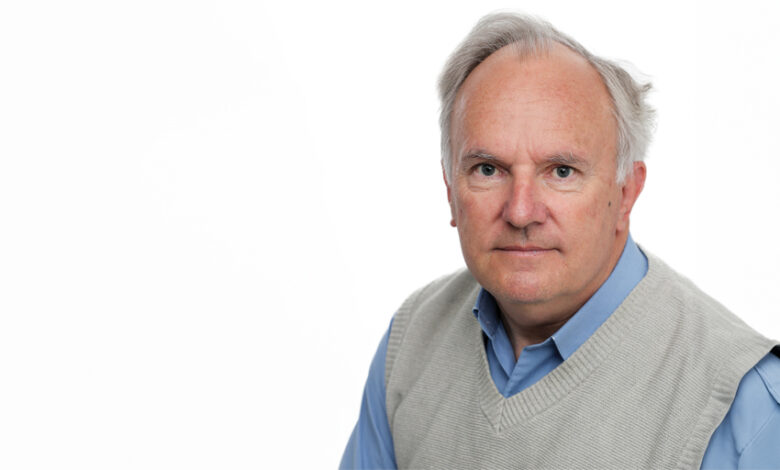Ray Murphy: ‘Ireland should retain the triple lock’

Ireland should retain the triple lock mechanism for Defence Forces deployment on peacekeeping missions writes Ray Murphy, professor in the Irish Centre for Human Rights at University of Galway and former Defence Forces captain and UN peacekeeper.
UN peacekeeping is one of the most successful examples of multilateralism today, and Ireland has a long and distinguished record of participation in UN peacekeeping operations. The so-called triple lock is a requirement for UN, Dáil, and government authorisation for Irish involvement in peacekeeping operations.
The commitment to the triple lock process was made prior to the second referendum on the Nice Treaty. Its purpose was to assuage fears among the Irish public regarding involvement in international peacekeeping or peace enforcement missions that did not have express UN approval. It was not intended to apply to short-term humanitarian or evacuation missions.
Most of the current discussion regarding the triple lock is focused on Russia’s ability to veto approval of peacekeeping operations in the Security Council. It seems to be forgotten that this privilege is extended to all five permanent members of the Security Council, namely the US, China, France, the UK, and Russia.
However, a quick review of the use of the veto shows how the US has most often exercised this prerogative, especially in relation to the Israel-Palestine conflict. In fact, in 2002 the US threatened to use its veto to prevent the renewal of all UN operations in its efforts to evade the jurisdiction of the International Criminal Court. In this way, there is nothing new in the ability of permanent members of the Security Council to exercise their veto.
Furthermore, when the Council is unable to act, the issue can be transferred to the General Assembly for approval. It is acknowledged that this system is not without its challenges. However, the General Assembly is a UN organ with far greater representation and legitimacy than the Security Council.
In recent years, there have been increased tensions among the major powers that have spilled over into all UN activities, in particular the work of the Security Council. This has been reflected in the paralysis when responding to the brutal wars in Syria, Yemen, and, more recently, Ukraine. It is also noteworthy that many peacekeeping operations are delegated by the UN to regional organisations such as the African Union, the EU, the Organisation for Security and Cooperation in Europe, and NATO.
Ireland’s recent term on the Security Council was characterised by several diplomatic successes. These owed much to our perceived independence and history, especially on a range of issues including disarmament, human rights, and nuclear non-proliferation. Ireland has also advocated for reform of the UN to strengthen its mechanisms. This will not be helped by participating in missions that do not have prior UN approval. It would also set a precedent for bypassing the UN in the future.
The UN is often dysfunctional and inefficient, but it remains the most important international organisation with responsibility for peace and security. If Ireland is really committed to the UN Charter and international law, then it cannot be part of any decision that goes outside this framework.
The 2015 Defence White Paper confirmed Ireland’s policy of military neutrality. This is a fundamental tenet of Irish foreign policy that underpins engagement in all peacekeeping operations. Deployment of Defence Forces personnel on peacekeeping missions should continue to be in accordance with the commitment to the triple lock.
Any peacekeeping operation outside the UN framework would most likely be EU or NATO led and would lack international legitimacy. Ireland can still play a role in promoting human rights, rule of law, and good governance while supporting political processes ahead of military solutions. Ireland’s real strength lies in its capacity to utilise its soft power to forge alliances with a wide range of global actors, including our EU partners, while still maintaining an independent foreign policy on certain issues.





